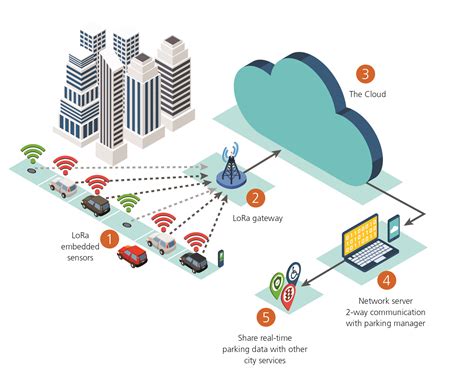The Internet of Things (IoT) is a rapidly growing technology that has the potential to revolutionize how cities are managed. Smart cities use IoT devices and sensors to collect data on everything from traffic patterns to energy usage, allowing them to make more informed decisions about how to best manage their resources. However, this increased reliance on data collection raises important ethical concerns.
One of the primary ethical issues surrounding the collection and use of data from IoT devices and sensors in smart cities is privacy. As these devices become increasingly sophisticated, they can collect an ever-growing amount of personal information about citizens. This data could be used for targeted advertising or even surveillance purposes, raising serious questions about whether it should be collected at all. Additionally, there is often a lack of transparency when it comes to how this data is being used, leaving citizens feeling vulnerable and exposed.
Another ethical concern is the potential for discrimination. By collecting data on individuals’ behavior, smart cities may inadvertently create algorithms that discriminate against certain groups of people. For example, if a city uses facial recognition software to identify criminals, it could lead to false arrests based on race or gender. Similarly, if a city collects data on income levels, it could lead to unequal access to services or resources.
Finally, there is the issue of security. As more data is collected and stored by smart cities, the risk of cyberattacks increases significantly. If hackers were able to gain access to this data, it could have devastating consequences for both individuals and the city as a whole.
In conclusion, the collection and use of data from IoT devices and sensors in smart cities presents numerous ethical concerns. From privacy and discrimination to security risks, it is essential that cities take steps to ensure that data is collected responsibly and used ethically.
